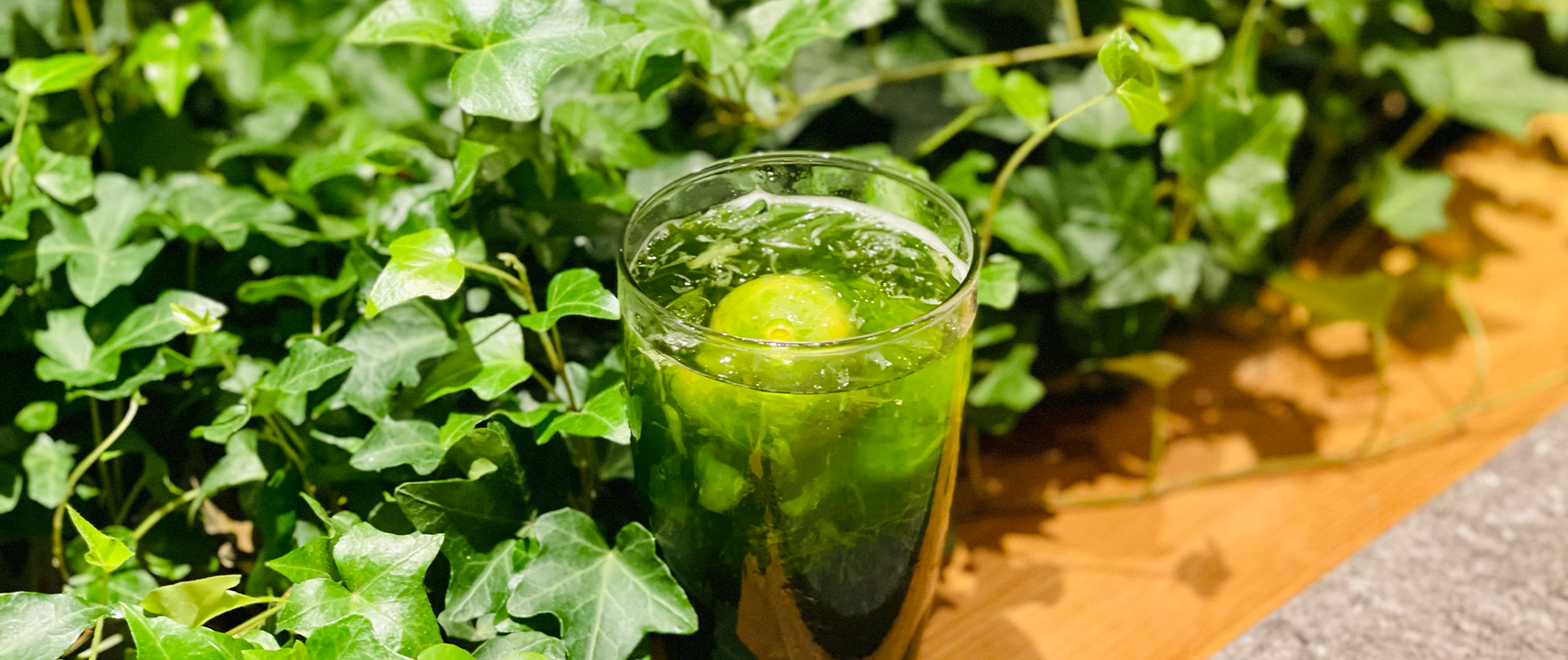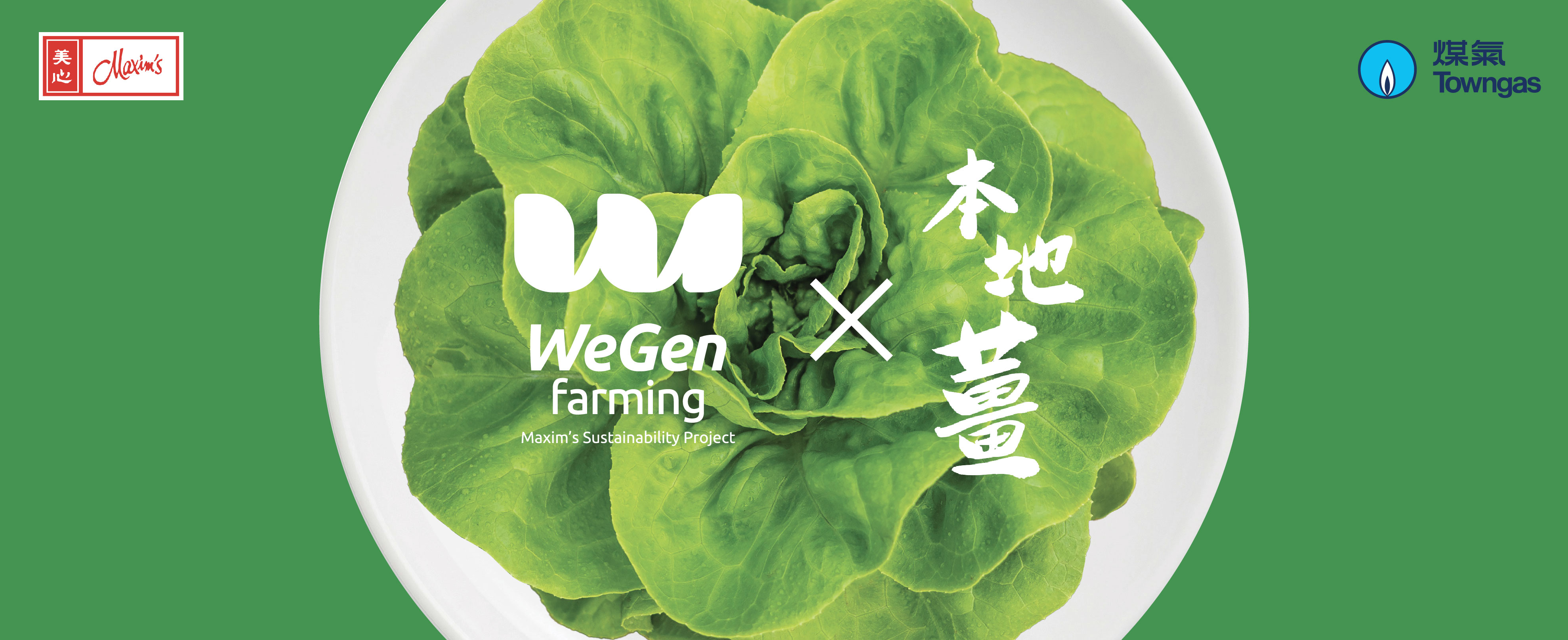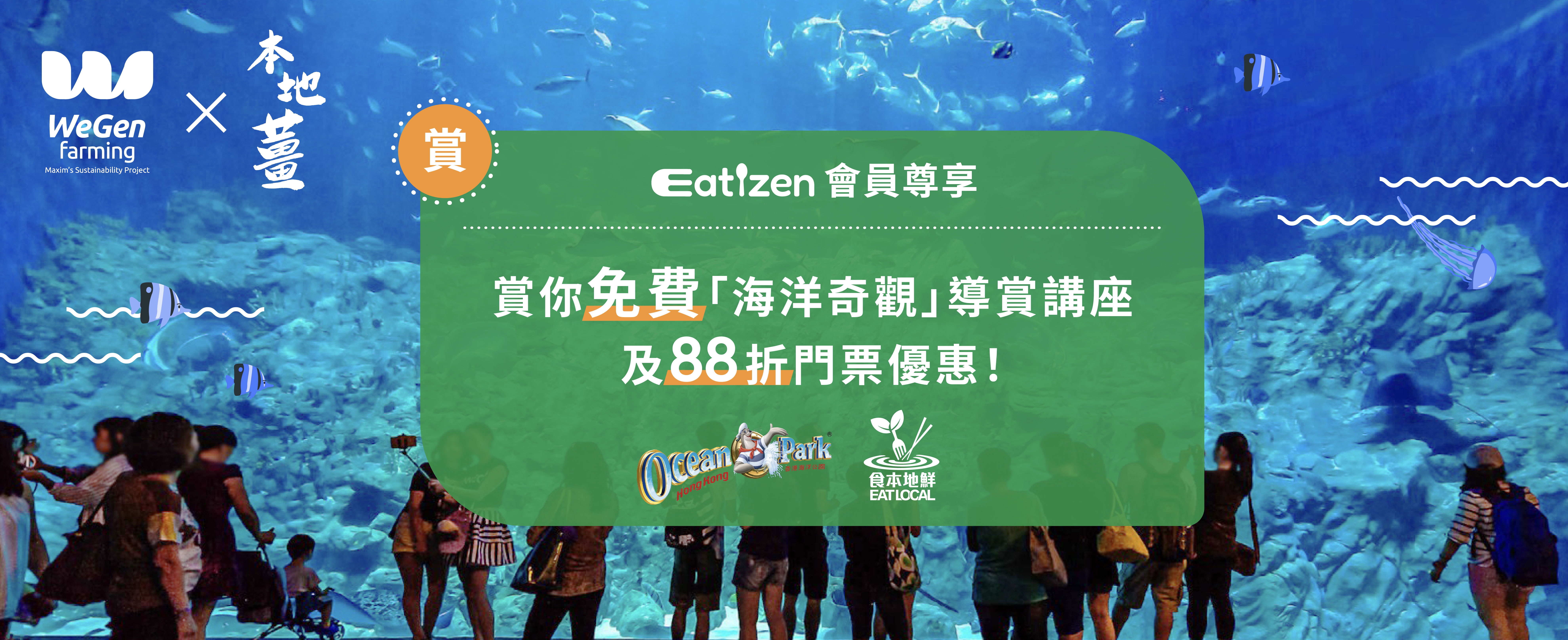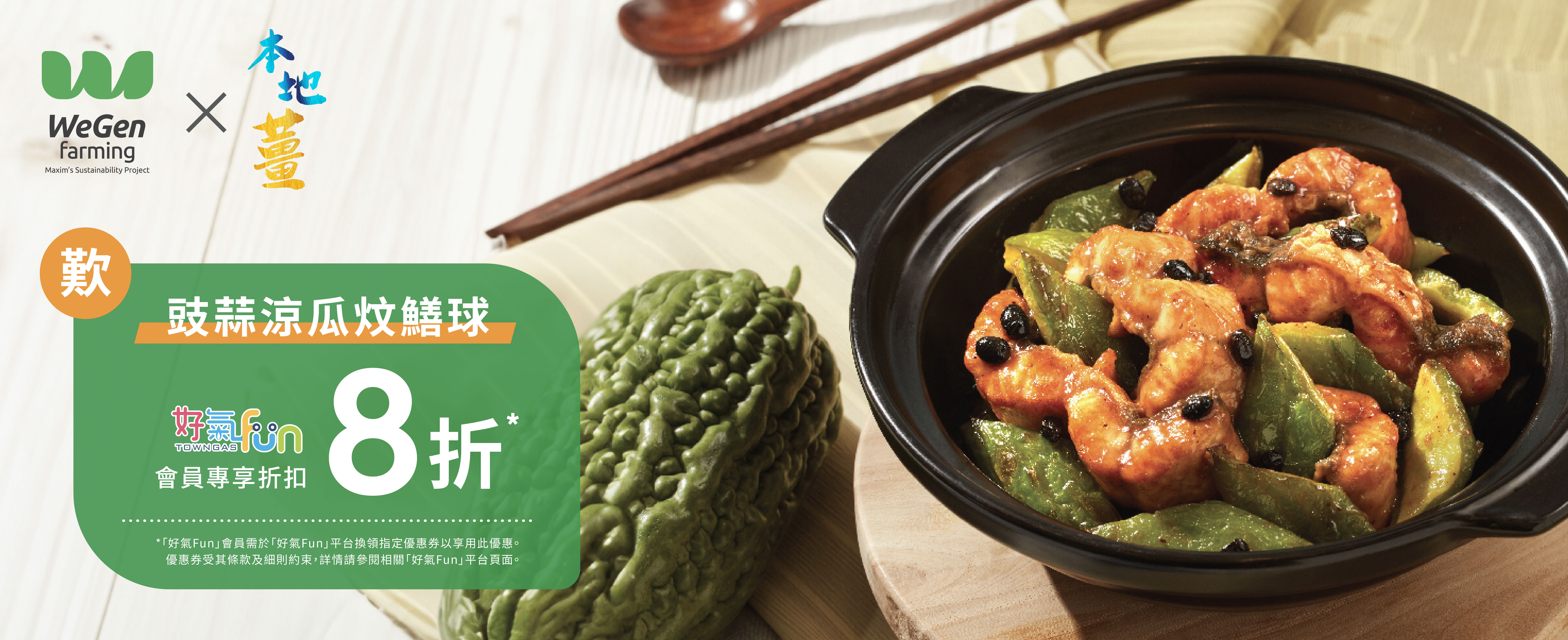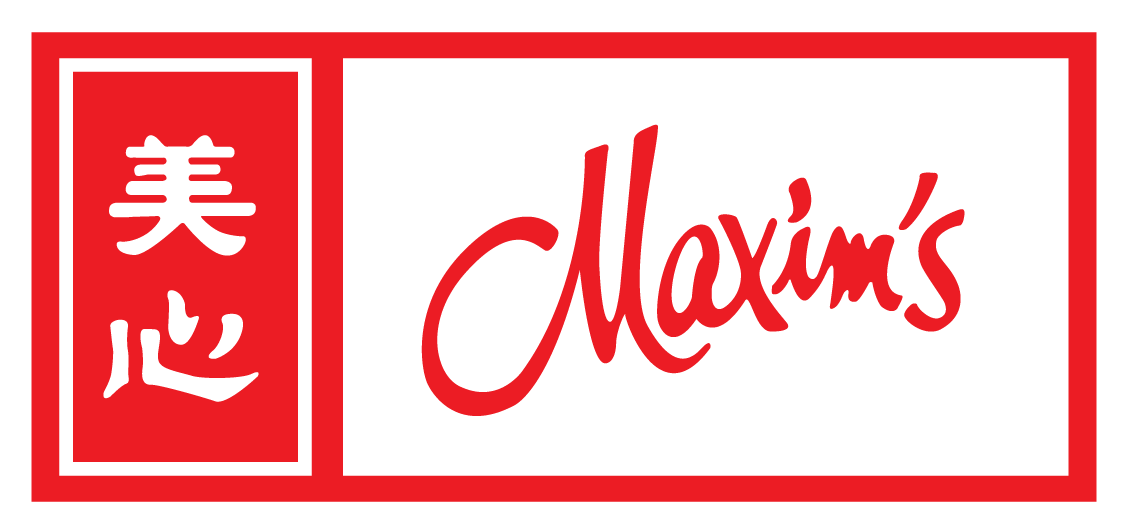Consume seasonal ingredients, control food portions, simplify the cooking process, and use local produce. Learn more about the relationship between food and carbon emissions.
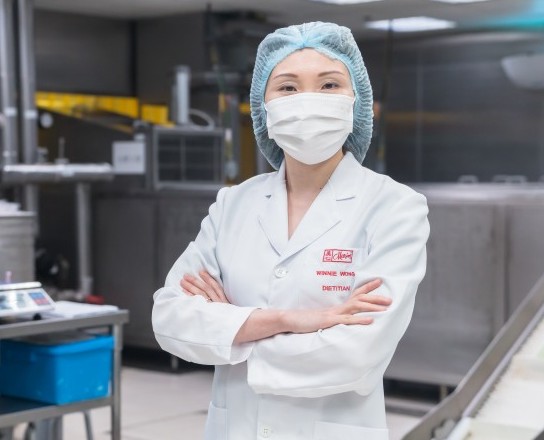
Being one of the first graduates of the bachelor’s degree in Food and Nutritional Science at the University of Hong Kong, Winnie Wong, dietitian and operations manager of Catering Services of Maxim's Group, has been working diligently with the chef team for many years to design the most suitable healthy menu for the customers.
"According to the principles of the Healthy Eating Food Pyramid, grains should be our major dietary source, and we should eat more vegetables and fruits, have a moderate amount of meat, fish, egg and milk and their alternatives, and reduce salt, oil and sugar intake," said Winnie.
To cater Hong Kong’s fast-paced lifestyle, Winnie recommends us to have nutritionally balanced main meals and the ratio of grains, vegetables and meat of each meal should be 3:2:1. She also suggests choosing dishes that contain more vegetables and fruits with a small amount of meat, such as garden salad or boiled vegetables, chicken stir fry with celery and beef stir fry with bell pepper, and eating less food with high salt content, such as ham and salted fish.

In addition to the daily healthy menus, Dutch Kitchen, a subsidiary of Maxim's Group, first appointed by the Hospital Authority to run the Public-Private Partnership Programme back in 2005, providing patient meals to the New Territories West Cluster and Queen Elizabeth Hospital. In 2015, it was extended to Tin Shui Wai Hospital, North Lantau Hospital and Hong Kong Children's Hospital. The catering service will also cover the to-be-completed New Acute Hospital at the Kai Tak Development area, providing about six million meals a year.
"The team currently provides as many as 97 different types of patient meals, and even offers special meals in terms of food types and portion control,” she said. “For patients with chewing and swallowing difficulties, all foods are chopped or pureed. During festive occasions, we’ve tried grinding sweet potatoes into puree, turning it into a substitution of traditional Chinese sweet soup by adding an appropriate amount of ginger syrup to it, breaking through the bland and boring nature of patient meals.”
From selecting ingredients, cooking, chilling, packaging, meal plating, reheating and meal delivery, Winnie believes, to carry out all these procedures seamlessly, it is of the utmost importance that every member of the team works together, fully understands the patients’ needs, be professional, passionate, meticulous and attentive to every detail.

At the same time, Winnie and her team have been working on developing low carbon diets. “Consume seasonal ingredients, control food portions, simplify the cooking process, and use local produce. We work with our chefs to live up to these four principles, we also encourage our colleagues to learn more about the relationship between food and carbon emissions, as well as enhancing the nutritional value of food,” said Winnie. “Recently, our staff canteen in Maxim's Centre has increased the choice of low carbon diet, and the calorie intake of the dishes are also shown on the menu for more transparent food information, enabling education and practice to go hand in hand."
A balanced diet requires perseverance to maintain, while a quality diet is not limited to the presentation, aroma and taste of the dishes.


